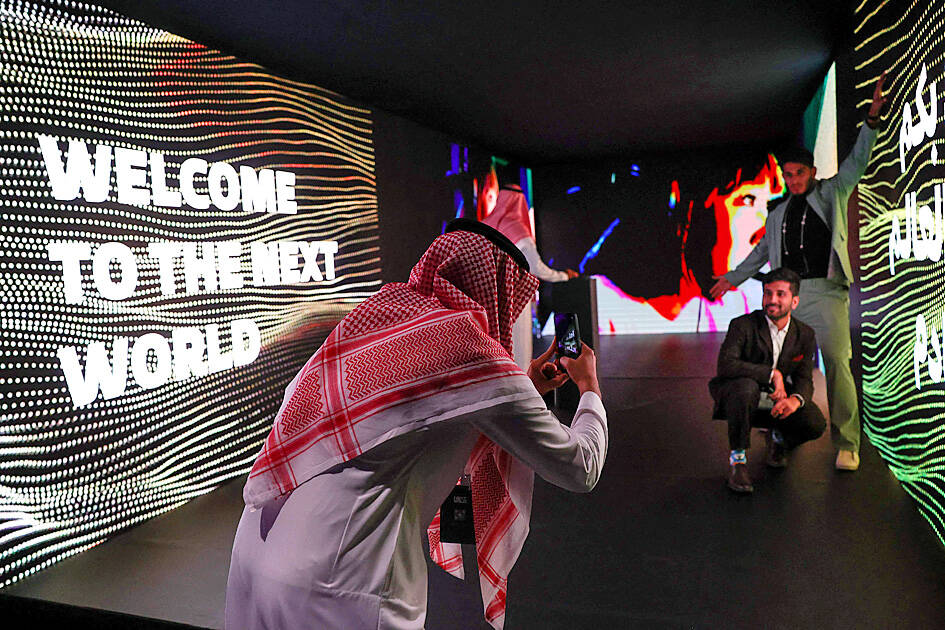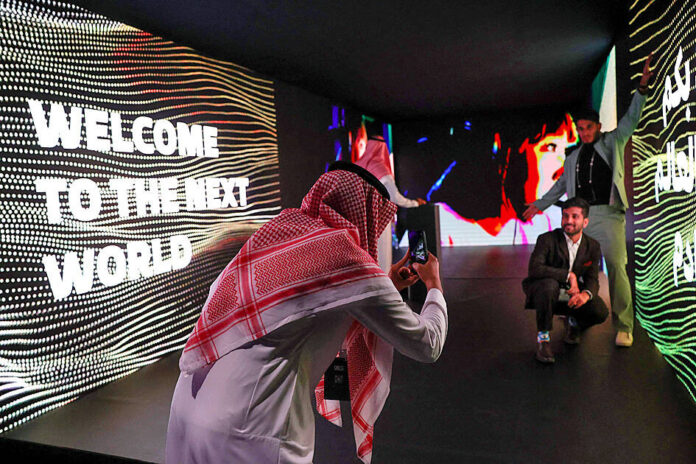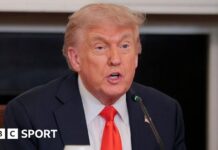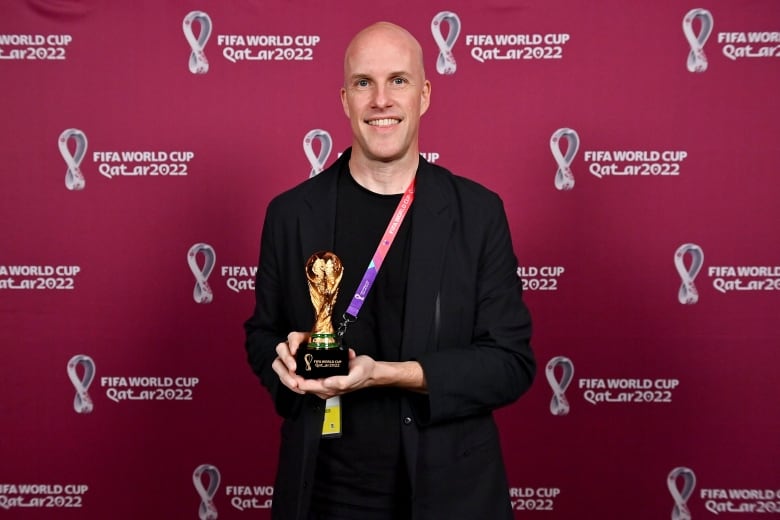-
By Robbie Corey-Boulet,
with Salim Essaid in Dubai,
United Ara / AFP, RIYADH
Wearing headphones and anti-sweat finger sleeves, gamers from eight countries guided gun-toting avatars through a battle royale in the Saudi Arabian capital, as cheering onlookers watched the action on a big screen.
The PUBG Mobile tournament was part of Gamers8, a summer festival spotlighting Saudi Arabia’s emergence as a global e-sports dynamo — one that officials hope can compete with powerhouses such as China and South Korea.
Much like with Formula One and professional golf, the world’s biggest oil exporter has in the past few years leveraged its immense wealth to assert itself on the e-sports stage, hosting glitzy conferences and snapping up established tournament organizers.

Photo: AFP
These moves have attracted the kind of criticism Saudi Arabian officials have come to expect, with some e-sports leaders objecting to Riyadh’s human rights record.
Yet the lack of long-term financing for e-sports makes the industry especially eager to do business with Saudi Arabia, which helps explain why the backlash so far has been relatively muted, analysts say.
Saudi Arabian gamers are reveling in their country’s newfound status and the eye-watering prize pools it brings.
“In the past, there was no support,” said 22-year-old Faisal Ghafiri, who competed in the PUBG Mobile tournament, which featured US$3 million in prize money.
“Thank God, now is the best time for me to play e-sports and participate in tournaments,” he said, adding that what was once a hobby had transformed into a lucrative “job.”
Saudi Arabia’s interest in gaming and e-sports comes from the very top, with Crown Prince Mohammad bin Salman said to be an avid Call of Duty player.
The national e-sports federation was created in 2017, and the number of e-sports teams in the kingdom has since blossomed from two to more than 100.
Survey findings indicate 21 million people — nearly two-thirds of the national population — consider themselves gamers.
Last week, the prince released a national e-sports strategy that calls for the kingdom to create 39,000 e-sports-related jobs by 2030, while producing more than 30 games in domestic studios.
Gaming is also expected to be a major component of headline-grabbing development projects such as the Red Sea megacity NEOM, with its planned 170km-long twin skyscrapers known as The Line.
Yet NEOM is also where Saudi Arabia has encountered its biggest e-sports setback. Two years ago, Riot Games announced a partnership that would have made NEOM a sponsor of the European championship for the game League of Legends.
The outcry was immediate and intense, led by LGBTQ gamers who condemned Saudi Arabia’s prohibition of same-sex sexual acts, which can be a capital offense.
League of Legends is considered LGBTQ-friendly, having just last week named gay hip-hop star Lil Nas X as its honorary “president.”
Within 24 hours of its NEOM announcement, Riot Games backed out, and Danish tournament organizer BLAST terminated its deal with the megacity about two weeks later.
“Saudi Arabia’s reputation will always be a hindrance to the Western e-sports community, despite attempts to improve it,” said Jason Delestre of the University of Lille, who studies the geopolitics of e-sports.
Saudi Arabian officials are undeterred, and they have deep backing in the e-sports world.
“Gaming was always a bit more morally flexible, as they are mostly project-based and lack a sustainable business model,” said Tobias Scholz, an e-sports expert at the University of Siegen in Germany. “E-sports need the money compared to golf or others.”
Comments will be moderated. Keep comments relevant to the article. Remarks containing abusive and obscene language, personal attacks of any kind or promotion will be removed and the user banned. Final decision will be at the discretion of the Taipei Times.








